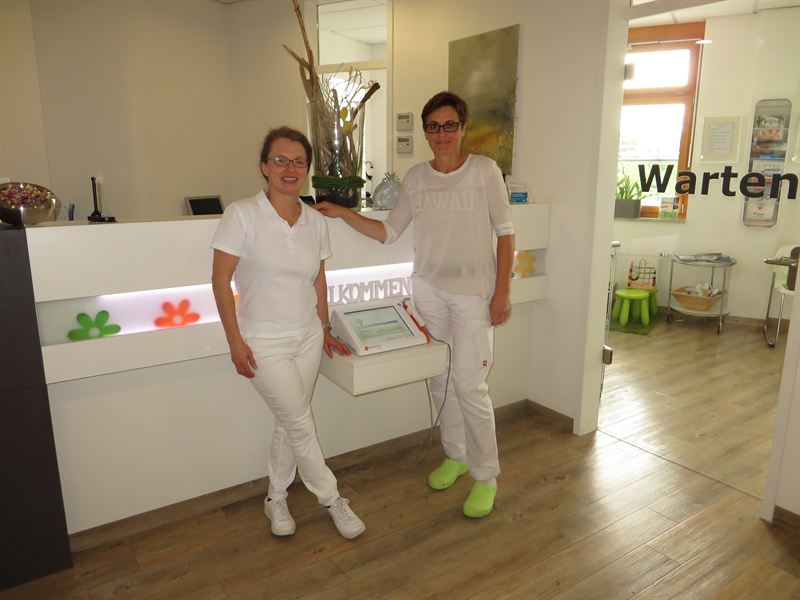SciBase passes milestone – Nevisense now available at 100 clinics in Germany

The interest in and acceptance of SciBase’s method for early detection of malignant melanoma is increasing, which is demonstrated by the fact that the 100th clinic in Germany installed SciBase’s device Nevisense in June. Sales of electrodes; an effect of the adoption of Nevisense, are steadily increasing and rose by 208 percent in Germany during 2015.
SciBase founded its German subsidiary in the first quarter of 2015 and the company has since successfully built up its own local sales organization. Germany is SciBase’s most important market and accounted for more than 80 percent of SciBase’s turnover during 2015. The installation of the device in the 100thclinic in Germany marks an important milestone for SciBase.
- Germany is, and will be for some time, our largest and most important market. We’re very pleased with the positive trend we are seeing there. The fact that there are now 100 clinics that have adopted Nevisense to improve and make their diagnosis of malignant melanoma more efficient, is a sign of the increasing acceptance of our method in Germany, says Simon Grant, CEO at SciBase.
SciBase’s business model is based on customers initially purchasing a Nevisense device and then buying new tests (electrodes) on an on-going basis. Sales of electrodes increased by more than 200 percent in the German market during 2015, which is a sign that both physicians and patients appreciate the Nevisense device and the value it adds.
The 100thGerman clinic that offers skin checks with Nevisense is Dermatologie Euskirchen in the federal state of North Rhine-Westphalia
- We are doing about 350 skin checks each month, which is about 50 percent of our patients in total. We want to offer modern and science-based diagnostics. Nevisense increases the safety for both physicians and patients as it makes evaluating suspicious lesions easier, which in the end decreases the amount of unnecessary excisions. If the examination is done only with the help of dermoscopy, the diagnosis is based only on the physician’s knowledge and experience. However by using Nevisense, we add an objective value to the diagnosis, which also is easy to understand for the patients, says Dr. med. Christina Huerkamp and Andrea Schuster, dermatologist at Dermatologie Euskirchen.
For more information, please contact:
Simon Grant, CEO
Phone: +46 72 887 43 99
Email: simon.grant@scibase.com
About Skin Cancer
Skin cancer is one of the most common cancers in the world, accounting for nearly half of all cancers. It has been estimated that nearly half of all Americans who live to the age of 65 will develop skin cancer at least once. Malignant melanoma is the most fatal form of skin cancer causing the majority (75%) of deaths related to skin cancer. Worldwide, doctors diagnose about 230,000 new cases of melanoma yearly.
About SciBase and Nevisense
SciBase AB is a Swedish medical technology company, headquartered in Stockholm that has developed a unique point-of-care device for the accurate detection of malignant melanoma. Its product, Nevisense, helps doctors to detect malignant melanoma, the most dangerous type of skin cancer. SciBase was founded by Stig Ollmar, Associate Professor at The Karolinska Institute in Stockholm, Sweden. Nevisense is based on substantial research and has achieved excellent results in the largest clinical study ever conducted on the detection of malignant melanoma. Nevisense is CE marked in Europe, has TGA approval in Australia, and is awaiting FDA clearance in the United States. Nevisense is based on a method called Electrical Impedance Spectroscopy (EIS), which uses the varying electrical properties of human tissue to categorize cellular structures and thereby detect malignancies. SciBase is listed on Nasdaq First North (“SCIB”). Avanza is the certified advisor. Further information is available on www.scibase.com.


